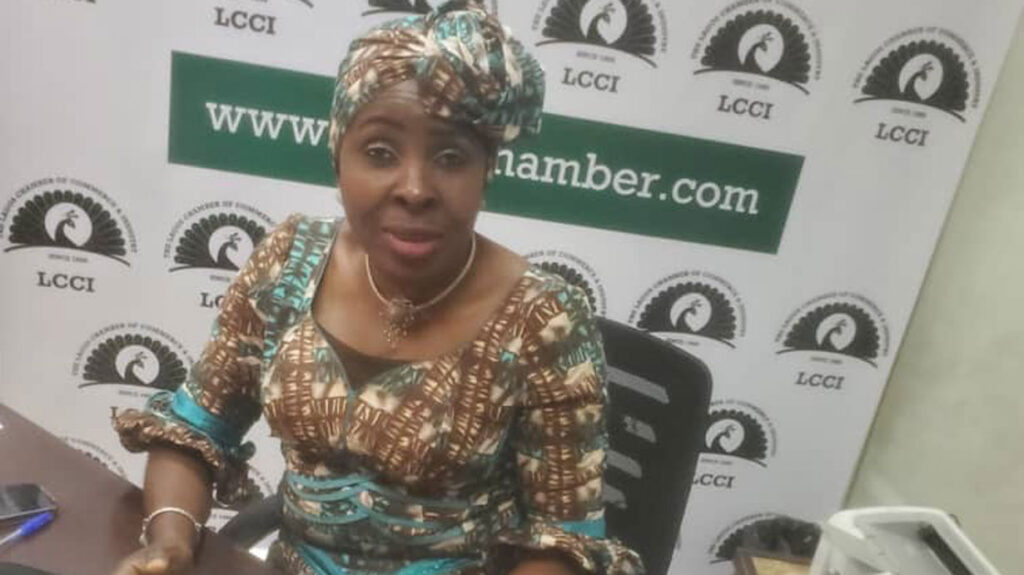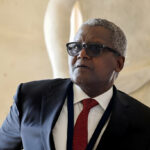
The recent volatility in the Nigerian FX market has been a major concern for businesses, especially manufacturers. As the country’s currency experienced a turbulent ride, manufacturers have grappled with the implications of this instability, including skyrocketing production costs, dwindling profit margins, and uncertain prospects. The unpredictable nature of currency fluctuations has made it increasingly difficult for manufacturers to plan, invest, and operate effectively, putting the entire sector on edge.
According to industry reports, the Naira reached an all-time high of 1900 against the US dollar in February 2024, only to plummet to 1595.11 by the end of the same month. However, March brought hope as the Naira appreciated significantly, closing at 1000 against the dollar, marking a 21.8% gain – a significant turnaround for Nigeria’s exchange rate policy. Yet, in April, we experienced further depreciation, illustrating the volatile nature of currency markets and its impact on businesses reliant on imports or international transactions.
As the manufacturing sector navigates the waters of currency volatility, industry leaders like George Onafowokan, the MD of Coleman Wires and Cables, offer hope about the future of Nigeria’s manufacturing sector. “I believe we will see a period of restabilization, where debt positions are rescheduled to ensure stability and business continuity,” he said. With the right strategies and support, Nigerian manufacturers can navigate the complexities of currency markets and emerge stronger and more competitive than ever before.
Onafowokan outlined a multi-pronged approach to address the currency volatility challenges faced by Nigerian manufacturers. He emphasized the need for fiscal policy reforms to enable exports and position Nigeria as a processing hub, stating, “To address currency volatility, we need a multi-faceted approach. Fiscal policy reforms are crucial to enabling exports and positioning Nigeria as a processing hub. However, these policies must be balanced to avoid unintended consequences. A stronger Naira, for instance, could negatively impact exports. Therefore, we need to get our fiscal policy right to ensure that exports continue to thrive, transforming Nigeria into a processing zone. This requires enabling manufacturers to import raw materials at the lowest possible cost, process them, and exporting value-added products, thereby promoting economic growth and development.”
Onafowokan also underscored the potential benefits of achieving self-sufficiency in petroleum products through the operations of domestic refineries. “By estimates, the Dangote refinery is said to be fully operational by the end of this year or early next year, leading to a significant increase in domestic production of diesel and petrol. By 2025, we should be self-sufficient in these products and will no longer need to import them. This will result in a net positive in our oil positions for petrol and diesel by the end of 2025.” He expressed confidence that with refineries like the Dangote Refinery coming online, Nigeria should be able to meet its diesel and petrol needs domestically, reducing the strain on foreign exchange reserves.
Moreover, Onafowokan underscored the critical need to attract significant foreign direct investment, particularly in the oil and gas sector, to substantially boost Nigeria’s foreign exchange inflows. “With trade aid available, we have a significant opportunity ahead. The oil and gas portfolios in Nigeria, set to reach final investment decisions (FIDs) in Q3, Q4, and next year, represent a substantial investment potential of $30-60 billion. We must ensure these FIDs happen, as investors are eager to proceed.” He highlighted the numerous oil and gas projects expected to reach final investment decisions within the next year or two, which could attract investments exceeding $30-60 billion.
In the face of adversity, Nigerian manufacturers must embrace resilience, innovation, and a forward-thinking approach. By heeding the advice of industry leaders like Onafowokan, implementing sound fiscal policies, attracting foreign investment, and achieving self-sufficiency in vital sectors, the manufacturing industry can emerge from this period of turbulence stronger and more competitive on the global stage. With perseverance and a shared vision, the Nigerian manufacturing sector can rise to new heights, driving economic growth, creating employment opportunities, and propelling the nation towards a prosperous future.













